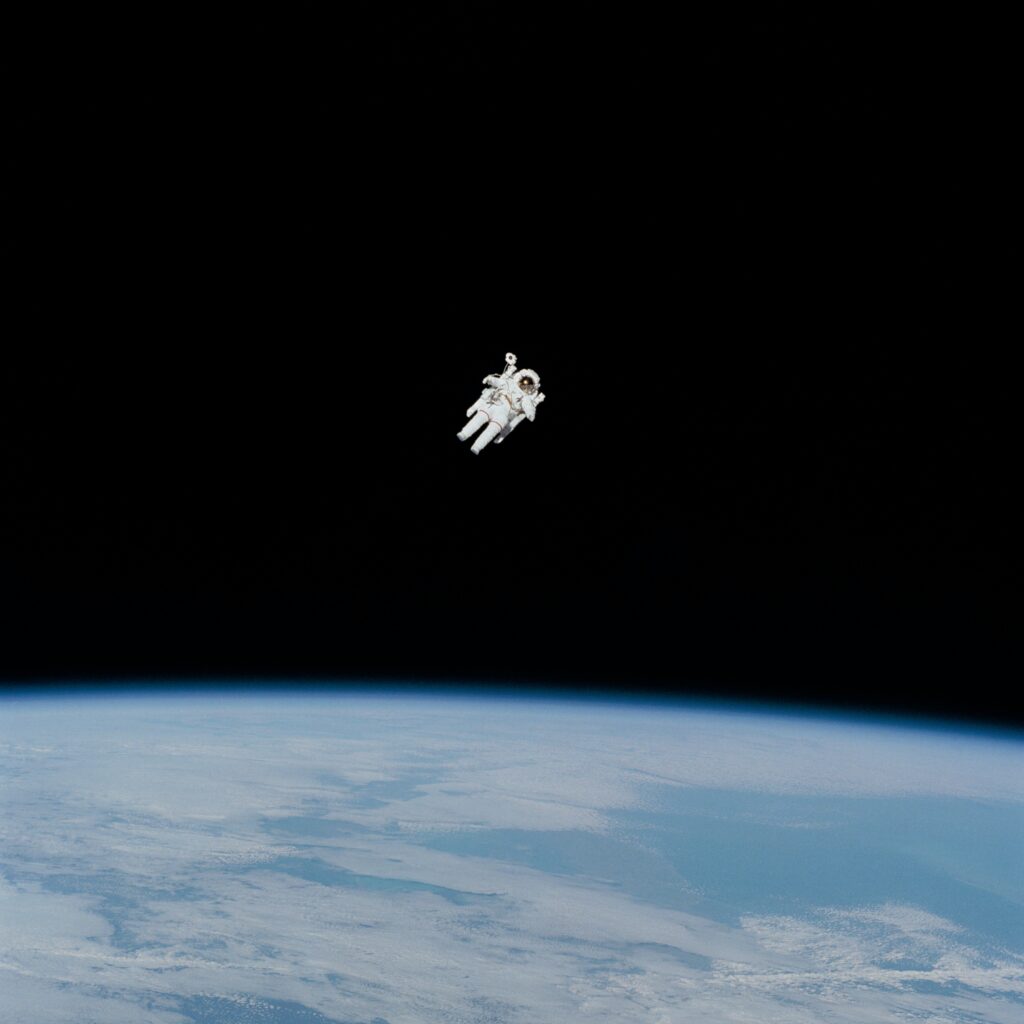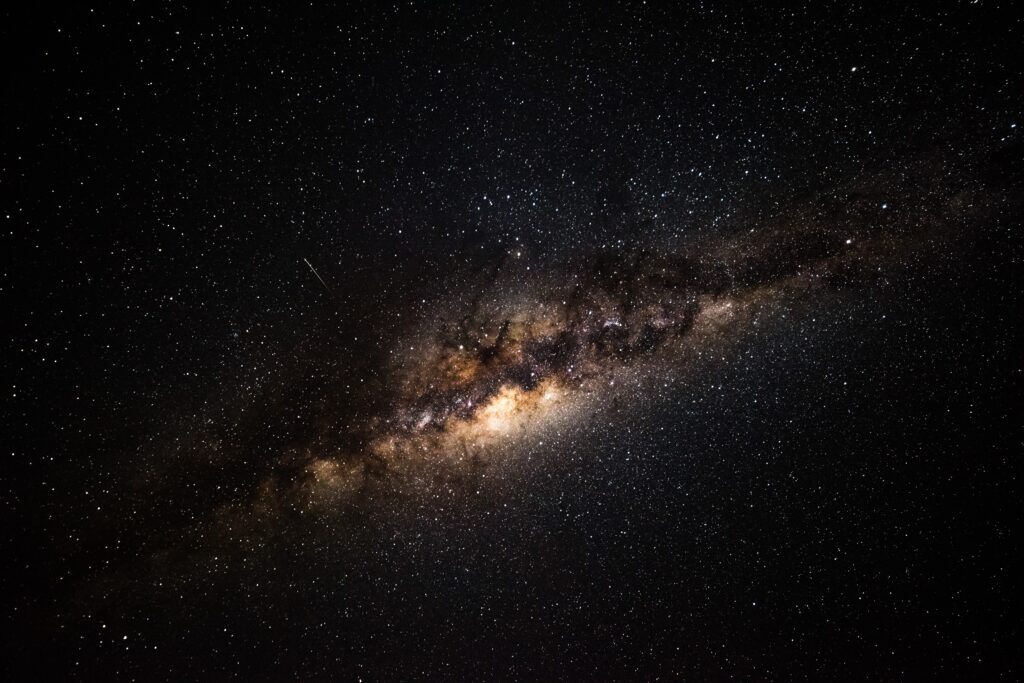The Effects of Space on the Environment

Introduction
Space and the environment share a profound interconnection that goes beyond the boundaries of our planet. The exploration and activities conducted in space have significant effects on the Earth’s environment, and vice versa. Understanding these interactions is crucial for sustainable and responsible practices in both realms.
Importance of understanding the effects of space on the environment
It is vital that we comprehend the effects on the environment as we advance technologically and venture further into space as a species. By studying and mitigating these impacts, we can ensure the preservation of our home planet and the responsible utilization of space resources for the benefit of future generations.
Space Debris and Orbital Pollution
Space debris, consisting of defunct satellites, spent rocket stages, and fragments from previous missions, poses a significant challenge in space activities. The accumulation of space debris increases the risk of collisions, endangering active satellites and human space missions.
Space debris not only threatens operational satellites but also has the potential to reenter Earth’s atmosphere, causing damage to both the environment and human populations. The risks associated with space debris necessitate proactive measures to mitigate orbital pollution.
Various initiatives and international collaborations are underway to address the issue of space debris. These include guidelines for responsible satellite design, debris tracking systems, and active removal technologies to clean up orbital pathways and ensure a sustainable space environment.
Atmospheric Reentry and Spacecraft Disposal
When returning to the Earth’s atmosphere, it is important to take into account the environmental aspects. The high temperatures and pressures during reentry can lead to the release of harmful substances into the air, posing potential risks to terrestrial ecosystems.
It is crucial to comprehend the potential hazards of spacecraft reentering the Earth’s atmosphere, as they can discharge unsafe materials such as beryllium, hydrazine, and other harmful substances into the air. To safeguard the environment and human health, it is necessary to reduce the emission of pollutants during the reentry process.
International regulations and guidelines govern the disposal of spacecraft and their components to minimize environmental impacts. Best practices include controlled reentry into designated areas, utilization of non-toxic propellants, and the development of reusable spacecraft to reduce waste and pollution.
Space Weather and Earth’s Magnetosphere
The condition of space influenced by solar phenomena such as solar flares, coronal mass ejections, and geomagnetic storms is referred to as space weather. This can directly affect the Earth’s magnetosphere, causing issues in communication systems, power grids, and other modern technologies dependent on satellite connections.
Heightened solar flares and eruptions from the sun can result in intensified auroras, magnetic disruptions, and alterations in the chemical composition of the atmosphere. Understanding these effects helps in safeguarding technological infrastructure, including satellite operations and power distribution networks.
Attempts are currently being made to create improved alert systems and measures of protection to decrease the effects that space weather has on Earth’s infrastructure. This includes the improvement of forecasting capabilities and designing robust systems that can withstand the effects of space weather events.
Satellite Communication and Radiofrequency Pollution
The utilization of satellite communication systems is crucial in connecting the world, delivering necessary services like telecommunications, broadcasting, and navigation. The growing reliance on these systems raises concerns about the environmental impact of radiofrequency pollution.
Radiofrequency pollution, caused by the proliferation of satellite and wireless communication technologies, can interfere with scientific observations and natural electromagnetic processes on Earth. It is crucial to strike a balance between communication needs and minimizing radiofrequency pollution to protect the environment and scientific endeavors.
Efforts are being made to develop efficient satellite communication systems that reduce radiofrequency interference and mitigate the ecological impact. Incorporating sustainable practices and utilizing frequency bands responsibly can help minimize the negative effects on the environment.
Astronomical Observations and Light Pollution
Dark skies free from light pollution are essential for astronomical observations. Telescopes enable the observation of celestial objects, facilitate scientific exploration, and inspire wonder and a feeling of unity with the wonders of the universe.
Light pollution arises from both space-based sources, such as satellite constellations, and Earth-based sources, including urban lighting and improper outdoor illumination. Excessive artificial lighting disrupts natural ecosystems, affects wildlife, and hinders astronomical observations.
Implementing responsible lighting practices, promoting dark sky preservation, and adopting technologies that minimize light spillage can help reduce light pollution. Collaboration between stakeholders, including astronomers, policymakers, and lighting engineers, is essential to preserving the beauty and scientific value of our night skies.
Space Exploration and Planetary Protection
It is important to ensure that Earth’s organisms do not contaminate other celestial bodies as humans continue to journey into space and discover them. Planetary protection aims to preserve the integrity of extraterrestrial environments and potential signs of life.
Stringent protocols and sterilization procedures are followed to ensure that spacecraft and landers do not introduce microbial life or other contaminants to celestial bodies. These measures protect the scientific value of future missions and reduce the risk of compromising potential extraterrestrial life forms.
Responsible space exploration involves conducting thorough scientific investigations, adhering to ethical guidelines, and respecting the uniqueness and fragility of other worlds. By prioritizing sustainability and preserving extraterrestrial environments, we can unlock valuable knowledge about our universe while maintaining our environmental stewardship.
Conclusion
The intricate interplay between space and the environment highlights the need for comprehensive understanding and responsible practices. Establishing a balanced connection between space exploration, advancements in technology, and the safeguarding of the ecosystem is essential because of the influence they have on one another.
Ongoing examination, creativity, and teamwork are crucial in order to further our comprehension of the impact of outer space on the surroundings and to construct viable remedies. Responsible practices, informed by scientific knowledge, can help minimize negative impacts and maximize the benefits of space exploration.
As we explore deeper into the cosmos, it is essential to consider the advantages of space actions in comparison to the possible harm they could cause to our ecosystem. By prioritizing sustainability, adhering to regulations, and embracing responsible practices, we can ensure a sustainable and prosperous future where both space and the environment thrive in harmony.
Exploring the services offered by MyPaper24 can significantly alleviate the academic pressure faced by students. With its commitment to delivering high-quality, plagiarism-free content, MyPaper24 caters to a wide range of academic needs, from simple essay writing to more complex research assignments, making it a trusted resource for students worldwide.

